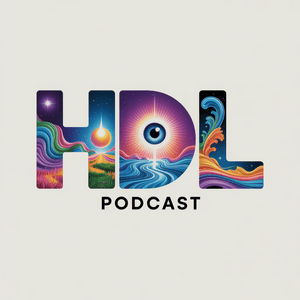Stop letting other people’s opinions run your life.
If you replay conversations, fear being judged, or constantly worry about what others think — this isn’t “being sensitive.” It’s an outdated survival program quietly shaping your decisions, confidence, and identity.
In this micro-dose episode, Jason breaks down why your brain is wired to obsess over approval — and gives you 5 practical psychological and spiritual tools to dissolve people-pleasing, anxiety spirals, and self-censorship so you can live authentically.
You’ll discover why:
Your nervous system treats social rejection like physical danger
The “Spotlight Effect” makes you think everyone’s watching (they’re not)
Over-worrying is actually a form of self-obsession
Ego vs Higher Self determines your emotional reactions
You can care about people without abandoning yourself
⏱️ TIMESTAMPS
0:00 – The Weight of Others’ Opinions
0:30 – Why This Pattern Isn’t Normal
1:30 – Ancient Survival Software Hijacking Your Brain
3:00 – The Self-Obsession Trap
4:30 – The Spotlight Effect
5:30 – Ego vs Higher Self
7:00 – 5 Keys to Break Free
10:30 – Start Living for Yourself
🔑 THE 5 KEYS TO BREAK FREE
Radical Self-Acceptance
Mindfulness & Presence
Reframe Rejection
Ditch People-Pleasing
Connect With Your Higher Self
This is a Higher Density Living Micro-Dose — bite-sized, grounded tools for real psychological and spiritual growth. No fluff. No bypassing. Just clarity, sovereignty, and inner freedom.
🎙 Hosted by Jason Rigby
🌐 hdlpodcast.com📱 Instagram: @higherdensityliving


